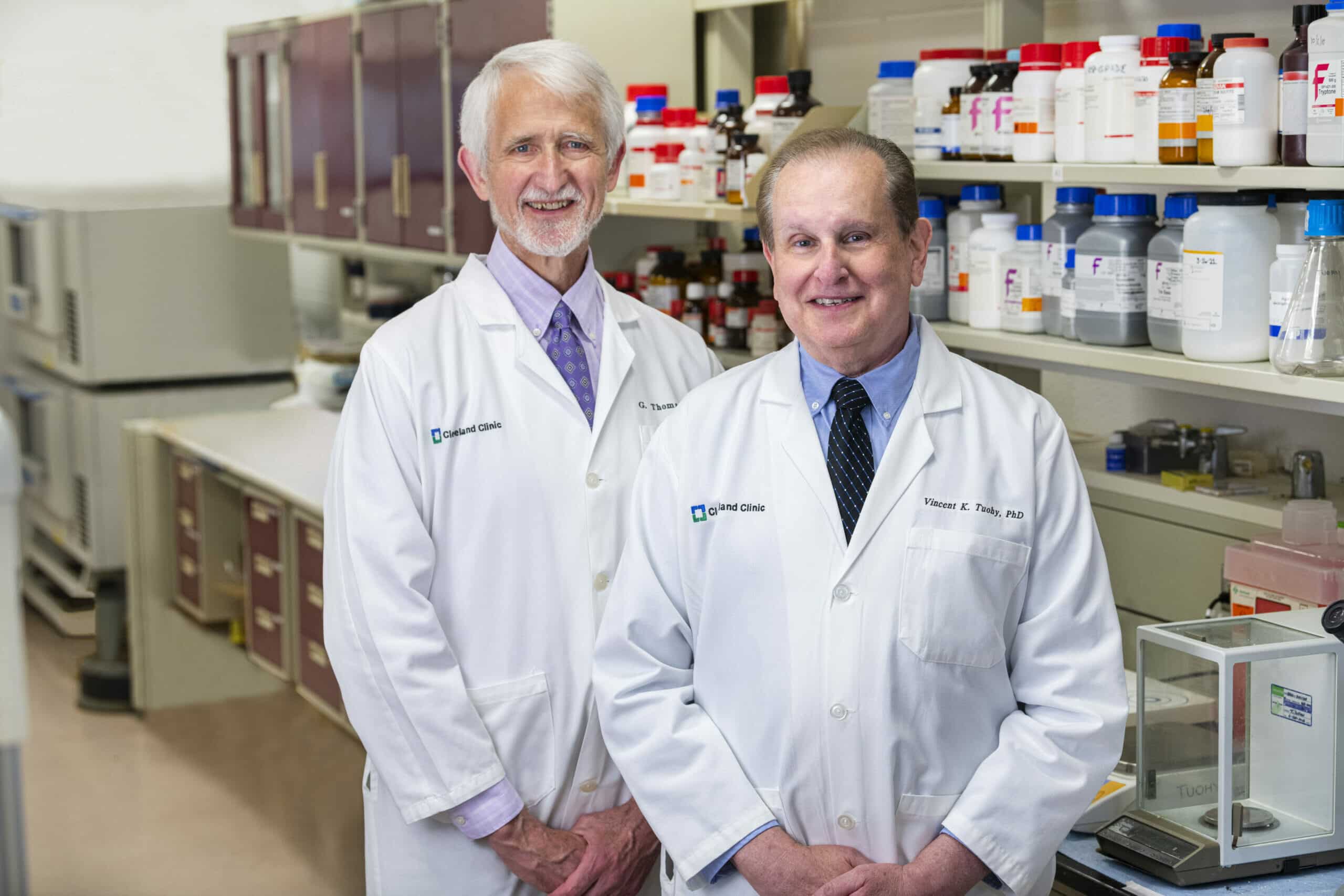On October 28, at the tail end of Breast Cancer Awareness Month, Cleveland Clinic announced that a vaccine for triple-negative breast cancer would be entering human trials.
Triple-negative breast cancer is known to be particularly deadly and can only be treated via a mastectomy or radiation. Its high mortality rate is because it is ‘negative’ for estrogen, progesterone, and HER2 receptors. This makes specifically targeted treatment impossible and relies on treatments like chemotherapy and mastectomies. Currently, triple-negative breast cancer accounts for a higher death rate and rate of the resurgence in comparison to other types of breast cancer.
The vaccine targets a lactation protein called α-lactalbumin that is not found post-lactation in normal, ageing tissues but is present in most triple-negative breast cancer cases. The vaccine works to activate the immune system against this protein and gives pre-emptive protection against emerging tumors with this protein. It also has an adjuvant that lets the immune system respond against emerging tumors to stop them from growing at all.
The vaccine was developed by immunologist Vincent Tuohy, PhD and is the first breast cancer vaccine to be approved by the US Food and Drug Administration for human trials. The first phase of trials will include 18-24 patients who previously had early-stage triple-negative breast cancer within the past three years and are in remission but are at a high risk for recurrence.
If successful, the trial will move on to people with BRCA1 gene mutations, who are 70% to 80 % more likely to develop this form of cancer in their lifetime. In the long term, “we are hoping that this can be a true preventive vaccine that would be administered to healthy women to prevent them from developing triple-negative breast cancer” says G. Thomas Budd, MD in a press release regarding the vaccine entering the human trial phase.
The approach in developing this vaccine could potentially be applied to other types of cancer. According to Dr. Tuohy “If successful, these vaccines have the potential to transform the way we control adult-onset cancers and enhance life expectancy in a manner similar to the impact that the childhood vaccination program has had.”
Want more on vaccines? Check out this article on how doctors are using the Internet to educate and advocate for widespread vaccination.














